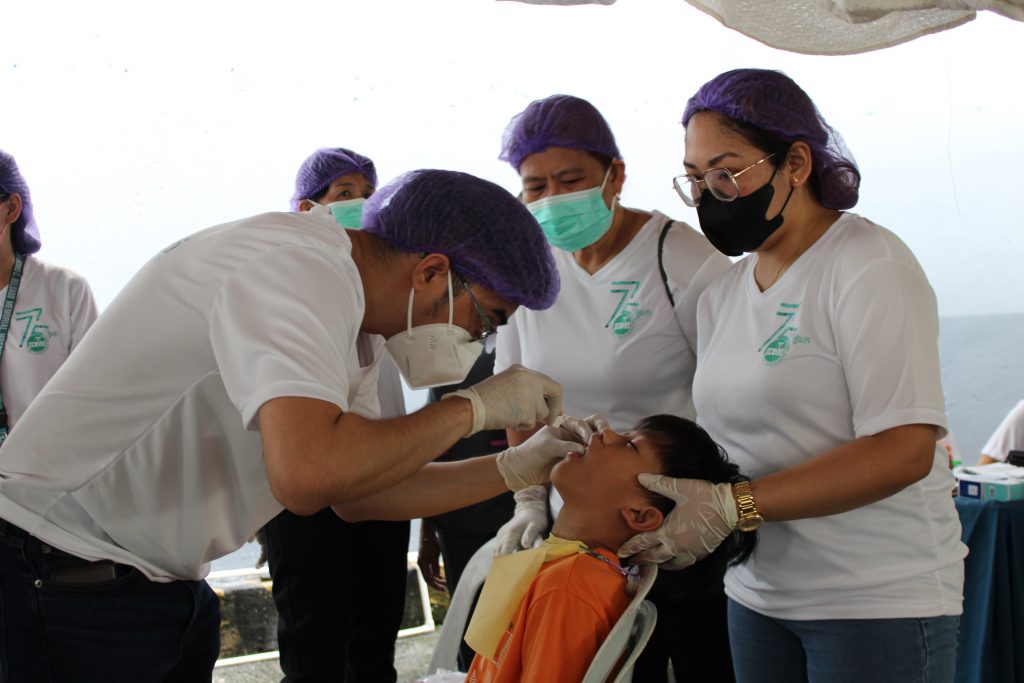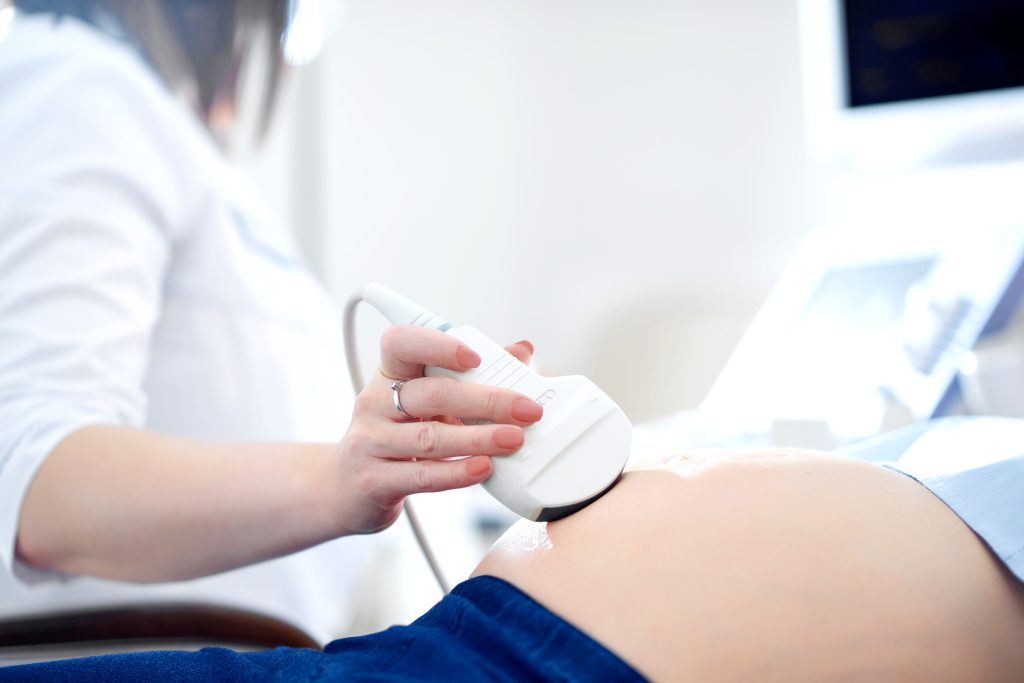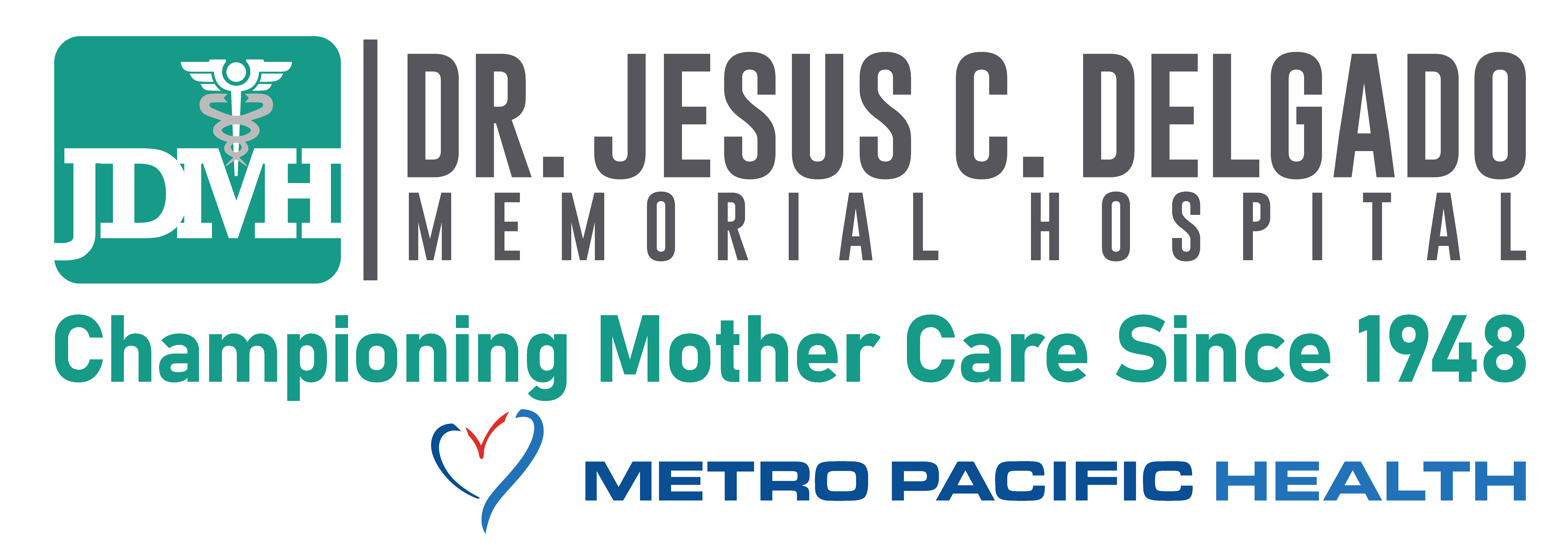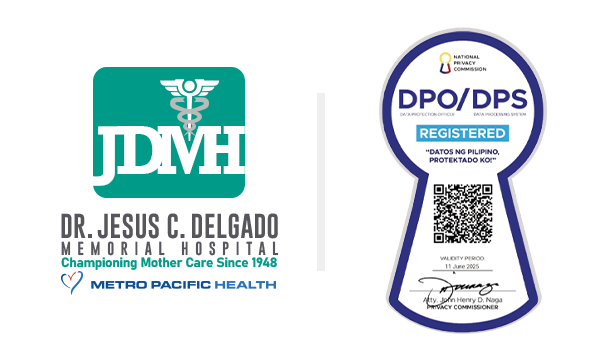Such a Downer
September 11, 2020

How Weight Affects a Couple’s Ability to Conceive
By: Ace C. Odulio
The idea of infertility – the failure to achieve a pregnancy after 12 or more months of regular unprotected sexual intercourse – has been always been a heavy burden for couples yearning to start a family. Several factors may affect a couple’s ability to get pregnant such as weight disorder—both under- and over-weight, exercise, nutrition, dietary factors like alcohol consumption and caffeine intake, smoking, illicit drugs, stress, and sexually transmitted diseases.
“Weight disorder – being overweight or underweight – can cause several medical conditions such as Type 2 diabetes and hypertension for those who are overweight, and malnutrition and decreased immune function for underweight individuals,” noted Grethel Vasquez, M.D., a fertility expert at Dr. Jesus C. Delgado Memorial Hospital. “Moreover, weight issues – whether on the side of the man, woman, or both – also affects a couple’s ability to get pregnant.”
A scientific way to determine whether someone is over- or underweight is by calculating ones’ body mass index (BMI), an indicator of total body fat. A normal body weight for Asians falls under the 18.5-22.9 BMI range. An adult is considered overweight if one has a BMI of 23-24.9, and obese if it is 25 or higher. Meanwhile, adults who have a BMI lower than 18.5 are deemed as underweight. You can easily calculate your BMI using any of the online BMI calculators.
Dealing with the Weight
Women with weight disorder can have problems with their menstrual cycle, and producing eggs properly as well as good quality of egg. Furthermore, they can develop a medical condition called polycystic ovary syndrome (PCOS), a common cause of infertility. Some of the manifestations of PCOS include having irregular, infrequent or prolonged periods; excess hair growth; or acne; and male-pattern baldness. While the condition is usually associated with obese women, underweight females can also be afflicted with this condition.
”Lifestyle modifications such as eating a well-balanced diet and regular exercise can improve fertility,” Dr. Vasquez explained. “Furthermore, physical activity improves cardiovascular risk factor, menstrual cyclicity, ovulation and fertility. However, some patients with ovulatory dysfunction like patients with PCOS may be advised to take fertility medications to help stimulate ovulation.
Weight issues can likewise affect a man’s ability to be fertile. Male obesity, for instance, can cause impaired erectile function, increased scrotal sperm, and reduced semen quantity and quality; as well as altered sperm function. On the other hand, underweight men may experience hormonal issues as well. Being underweight has been associated with lower testosterone levels and decreased sperm density.
Having a healthy diet of fruits and vegetables, and replacing processed meats like bacon, sausage, ham, corned beef with poultry or fish may boost male fertility. Men are likewise advised to consume only 1 to 2 cups of coffee daily. Similarly, it is suggested to limit alcohol consumption to one serving – either only 12 ounces of beer, 5 ounces of wine or 1.5 ounces of spirits – per day since excessive alcohol intake may lower sperm quality.
Doing moderate-intensity aerobic exercises can be beneficial to male fertility as well. But, Dr. Vasquez cautioned that too much exercise has its disadvantages. “Excessive exercise has been known to reduce sperm production and quality,” she warned.
Lastly, men must avoid wearing tight underwear or pants as these may elevate scrotal temperature.
In addition to these tips, it is still best for men struggling with infertility to consult with a urologist to achieve proper diagnosis and treatment for their male-specific medical dilemmas. However, unlike women, men are not as proactive in pursuing expert advice regarding their reproductive health. “While a majority of women tend to visit their OB-GYNs regularly, men – whether it is shyness or avoidance of social stigma – do not have the same relationship with their urologists—to say the least,” commented Dr. Vasquez.
Hope Awaits
“It is very important for men and women alike to have a safe haven for all their fertility concerns,” remarked Dr. Vasquez, who is also the Center Manager of the Delgado Assisted Fertility Center (DAFC). “At the DAFC, we ensure the comfort and privacy of couples seeking to unload the weight of infertility from their shoulders. Our urologists and fertility experts are available to discuss all your inquiries about the dreaded condition, and present you with the appropriate testing and treatment options.”
The Center provides affordable packages for fertility consultations, testing, and treatments such as intrauterine insemination (IUI), a simple and cost-efficient procedure that features inserting a suitable number of healthy sperm directly inside the woman’s uterus around the time of ovulation to ensure the maximum chance for conception.
“Hope awaits our yearning couples at the DAFC as they no longer need to carry the burden of uncertainty about infertility anymore,” Dr. Vasquez assured.
***
The Delgado Assisted Fertility Center (DAFC) is located at the ground floor of Dr. Jesus C. Delgado Memorial Hospital, located along Kamuning Road, Quezon City. For your inquiries on assisted fertility, contact us at 8924-4051 to 65 ext. 407.

Delgado Hospital holds its first medical mission since the pandemic
August 5, 2023
As part of the celebration of its 75th Foundation Day Anniversary in the healthcare industry, Dr. Jesus C. Delgado Memorial Hospital held a Medical Mission last August 5, 2023…

Delgado Hospital celebrates its 75th anniversary
August 1, 2023
Last August 1, 2023, the doctors, leaders, and employees of Dr. Jesus C. Delgado Memorial Hospital gathered to celebrate a historic milestone—its 75th year in the health care industry…

Another step toward a safer pregnancy
April 3, 2023
High-risk pregnancies require mothers to take extra caution and see the doctor more often. Doctors specializing in patients with high-risk pregnancy are called perinatologists……

Why IUI?
September 11, 2020
A 2013 study indicated that 10 percent of couples from the Greater Manila Area have infertility issues. Despite these couples’ fervent desire to conceive—…




